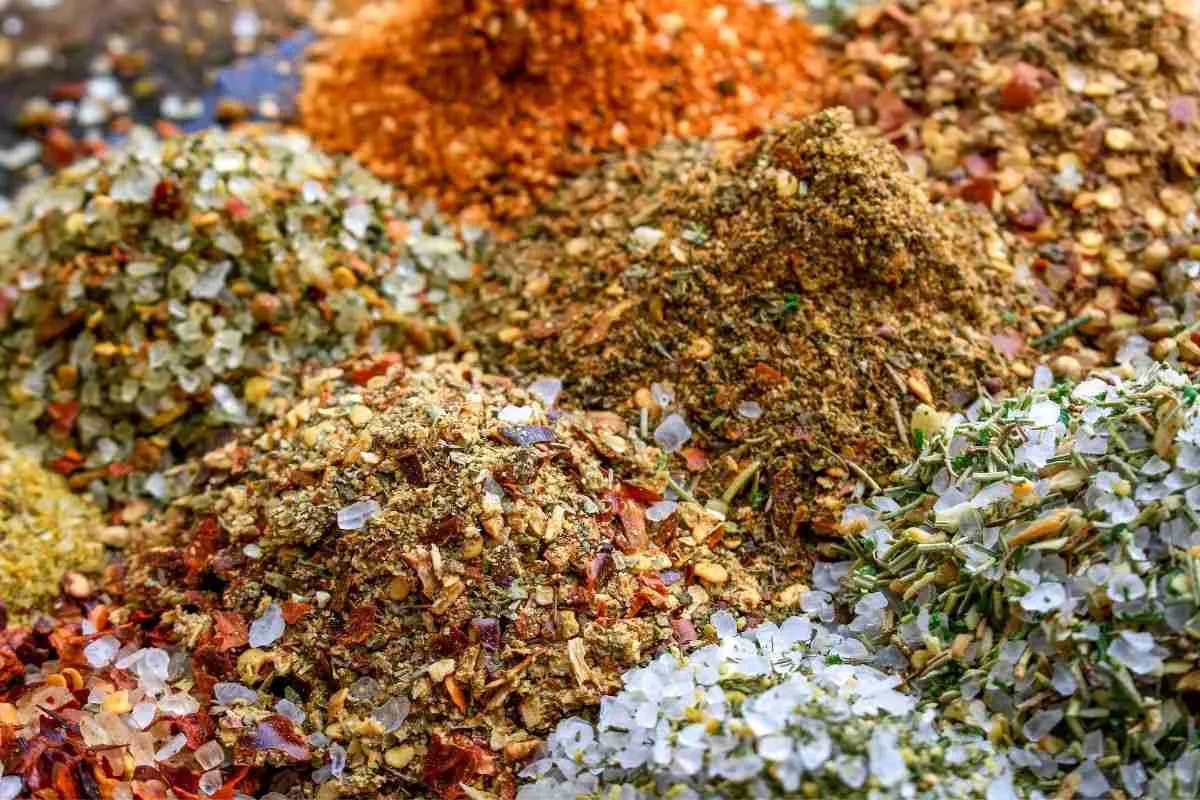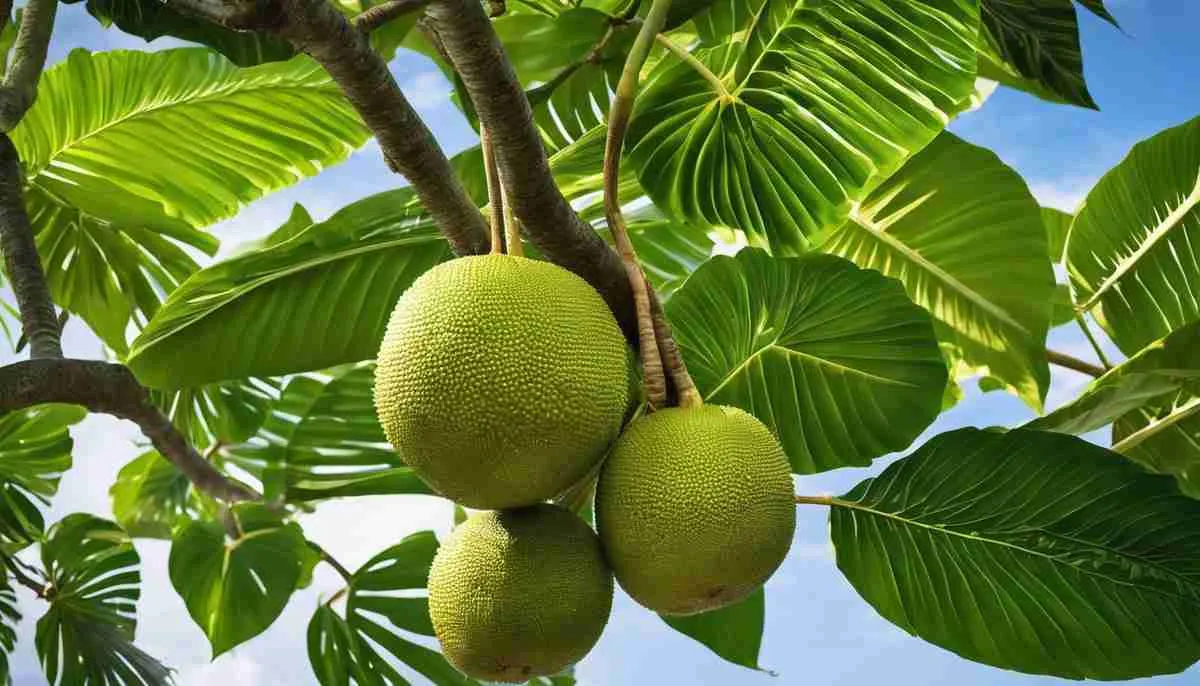Seasoning Salt: Flavor Friend or Foe? Unveiling the Salty Truth for Caribbean Cooks
The vibrant soul of Caribbean cuisine lies in its bold, layered flavors. From the fiery warmth of spicy chicken recipes to the rich aroma of legumes and curries, each dish sings with a unique blend of spices. But amidst the symphony of herbs and peppers, seasoning salt often sits on the shelf, shrouded in a whisper of doubt: friend or foe?
The Case for Convenience:
Let’s face it, life gets busy. Seasoning salt offers a quick way to add a savory base to your dishes. No need to measure individual spices, just a sprinkle here and there, and voila! Flavor, seemingly at your fingertips.
For beginner cooks or those unfamiliar with specific spice combinations, seasoning salt can be a helpful stepping stone. It introduces them to the complex tapestry of Caribbean flavors without overwhelming them.
What is Seasoning Salt?
Seasoning salt, a pre-mixed blend of salt and various seasonings, promises convenience. But for Caribbean cooks accustomed to building flavor profiles from scratch, the question remains: does it mask or enhance the true essence of our cuisine?
Seasoning salt – that seemingly innocent shaker on your spice rack – holds a lot of power. It promises convenience, a flavor boost, and a quick way to enhance your dishes. But for Caribbean cooks, this shortcut might mask the vibrant flavors native to the region. Let’s delve into the world of seasoning salt, exploring its pros and cons and why it might not be the best match for your island-inspired creations.

Pros:
- Convenience: It’s a one-stop shop for flavor, combining salt and spices in a pre-mixed blend.
- Flavor boost: Adds savoriness and depth to bland dishes.
- Variety: Available in various flavor profiles, from garlic and herb to Cajun and citrus.
Cons:
- Hidden sodium: Often packs a hefty sodium punch, exceeding recommended daily intake.
- Flavor Masking: Can overpower delicate Caribbean spices, muting the unique taste profile.
- Limited control: You can’t adjust the spice levels to your preference.
- Processed ingredients: Many blends contain additives and fillers, compromising quality.
Why Caribbean Cuisine Deserves Better:
Caribbean food is a vibrant tapestry of flavors influenced by African, European, and Indigenous traditions. Its essence lies in the careful balance of fresh herbs, spices, and aromatics like thyme, allspice, Scotch bonnet pepper, and coconut. Seasoning salt, with its generic profile and high sodium content, can easily overpower these delicate nuances.
Alternatives for Authentic Flavor:
- Embrace fresh herbs: Cilantro, parsley, thyme, and chives add brightness and depth.
- Explore whole spices: Toast cumin, coriander, cloves, and allspice for an aromatic base.
- Go natural: Opt for sea salt or Kosher salt for adjustable sodium control.
- Experiment with spice blends: Create your own custom blends tailored to specific dishes.

The Final Verdict:
Seasoning salt can be a handy tool in a pinch, but for Caribbean cuisine, it’s often a missed opportunity. By embracing fresh herbs, whole spices, and mindful seasoning, you can unlock the true depths of flavor inherent in the region’s dishes. Remember, the journey of Caribbean cooking is about rediscovering the magic in each individual ingredient, not masking it with a one-size-fits-all solution. So, ditch the seasoning salt shaker and embark on a flavorful adventure with authentic Caribbean spices!






